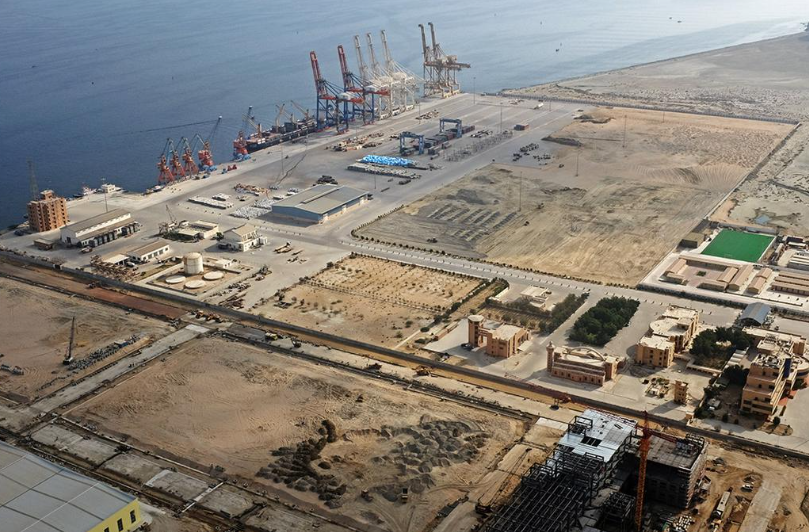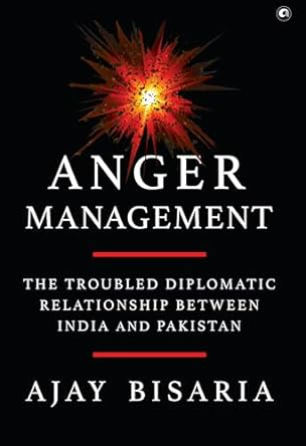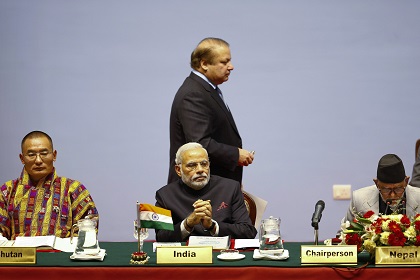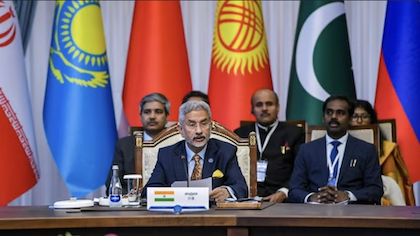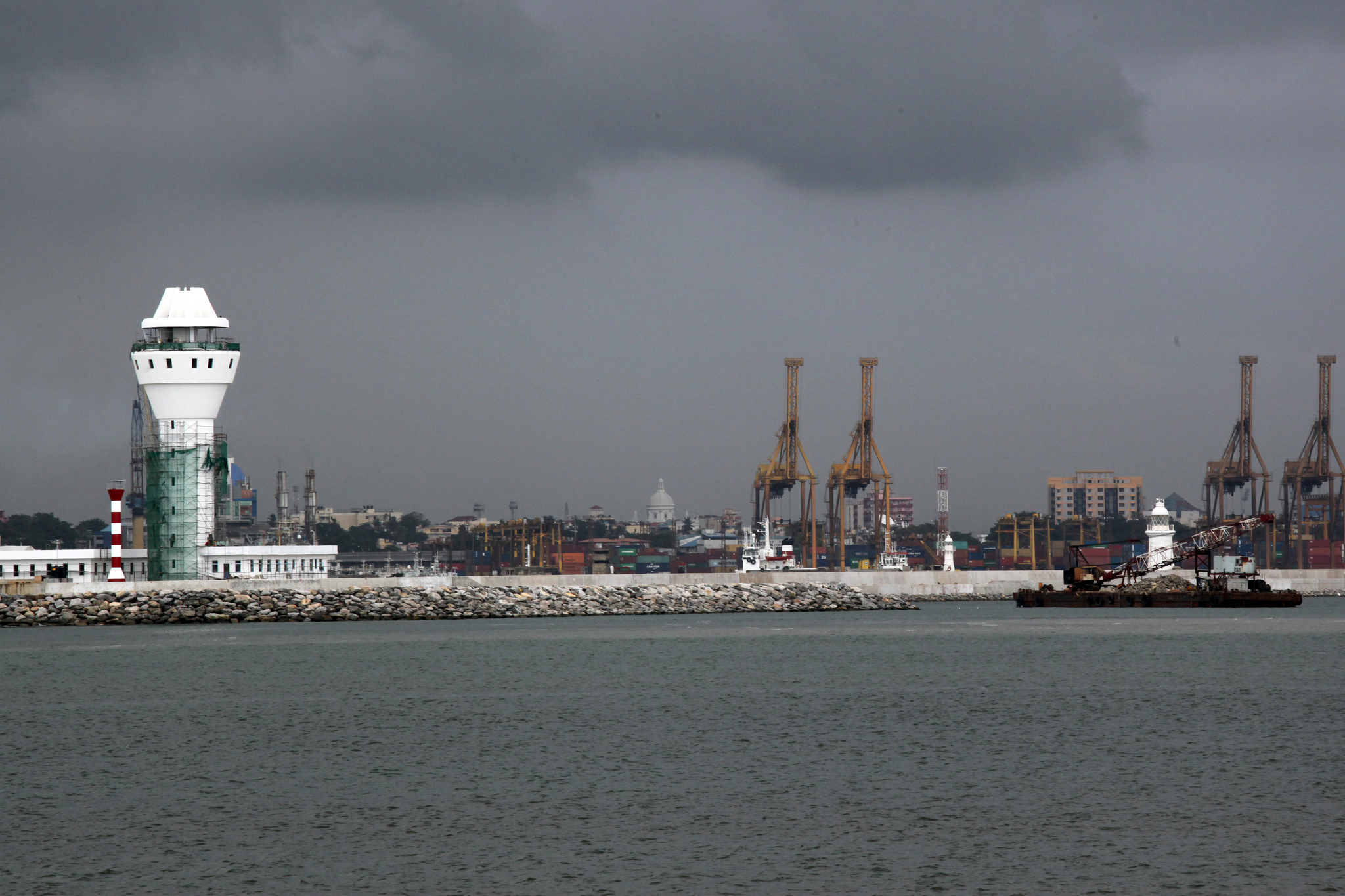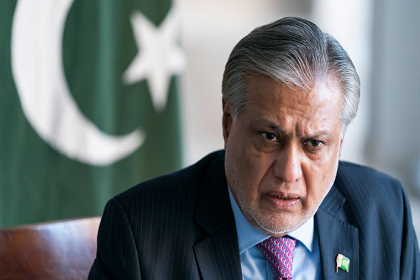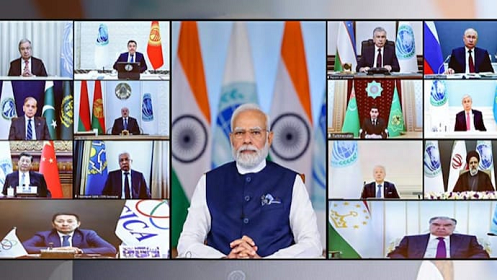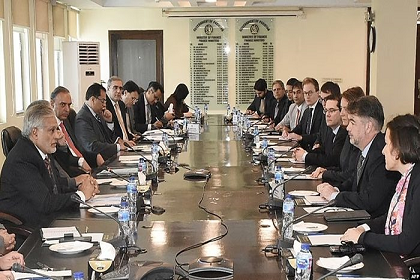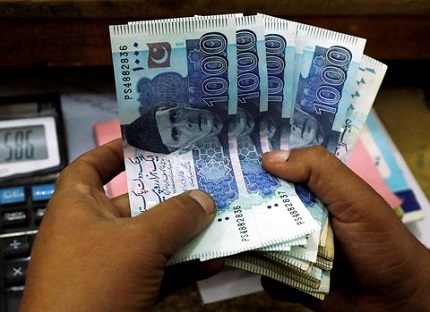Spiraling violence in Balochistan
Long treated by Pakistan as a colony, Balochistan has seen several high-profile attacks by locals against Chinese interests. The growing unrest in the region reflects Islamabad’s failure to address key development issues. With less than 10% of this year’s federal budget earmarked for development, it appears that the only means of quelling the violence is more repression.

